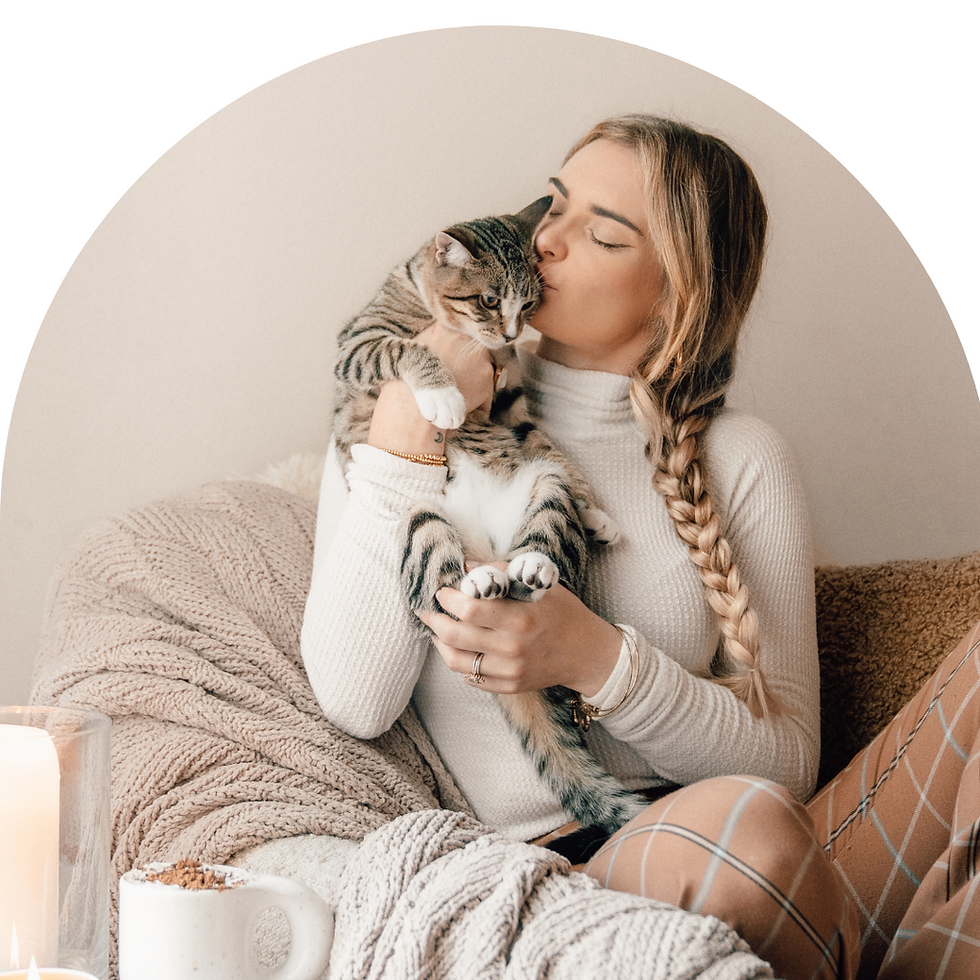TIPS FOR FINDING YOUR NATURAL LIPSTICK COLOR
- EVA CATHERINE

- Aug 25, 2021
- 2 min read

Finding the perfect natural lip color for your complexion can be challenging. Read my
tips for finding your natural lipstick color in this blog.
Whenever I walk past a store’s makeup aisle, I find myself drawn to the lipstick
section. With so many different shades of neutrals, pinks, reds, purples, and more,
it’s hard not to indulge in an impulsive purchase to try a new color.
But if you’re like me, you probably also run into the same issues that I do when I
contemplate buying lipstick: how will I know if it’s the right color for my complexion?
Even finding a natural, everyday shade of lipstick can be a headache. After years of
frustration, research, and trial and error, I think I’ve found the key to solving this
cosmetic problem. In this blog, I’m sharing my essential tips for finding your natural
lipstick color.
Identify Your Skin’s Undertones
Have you ever seen a celebrity or friend wear a lipstick color that looks gorgeous on
them but doesn’t flatter you at all? It’s confusing when the same color looks so
different on two different people’s lips. Most people don’t realize that your skin’s
natural undertones are the most significant contributing factor in how natural and
complementary your lipstick looks.
What Are Undertones?
Your skin’s undertones are the primary colors that appear most prominent in your
complexion. Undertones can fit into one of three categories: cool, neutral, or warm.
Review my guide below to see how to find lipstick based on your undertones.
Cool Undertones: Blue, pink, or darker shades
Warm Undertones: Red and orange shades
Neutral Undertones: A combination of cool and warm shades
Consider Your Natural Lip Color
Once you’ve identified how your complexion affects your lipstick options, it’s time to
consider the shade of your natural lips. When I first started to find natural lip colors
that worked best for me, I focused on choosing shades one or two shades darker
than my natural lip color.
As you browse through different lipstick options, use nearby mirrors to compare them
to your natural lip and find ones that closely resemble darker hues of that color.
Switch Up Your Lip Products
Ready for my favorite tip for finding your natural lipstick color? After years of
experimenting with different lipsticks shades, I found myself leaning toward different
types of lip products. I started by familiarizing myself with liners, then experimented
with lip stains and glosses. My advice for you is this: sometimes, your go-to natural
lipstick color is not lipstick. Depending on the health or texture of your lips, balms
and glosses may look better on you. If you’re frustrated with the lipstick brands
you’ve tried so far, consider looking for similar shades in different lip products.
There’s nothing wrong with trying out new lip colors and testing new palettes to
complement your beauty and fashion. So before you impulse-buy your next tube of
lipstick, consider putting some of these tips to practice!





Comments